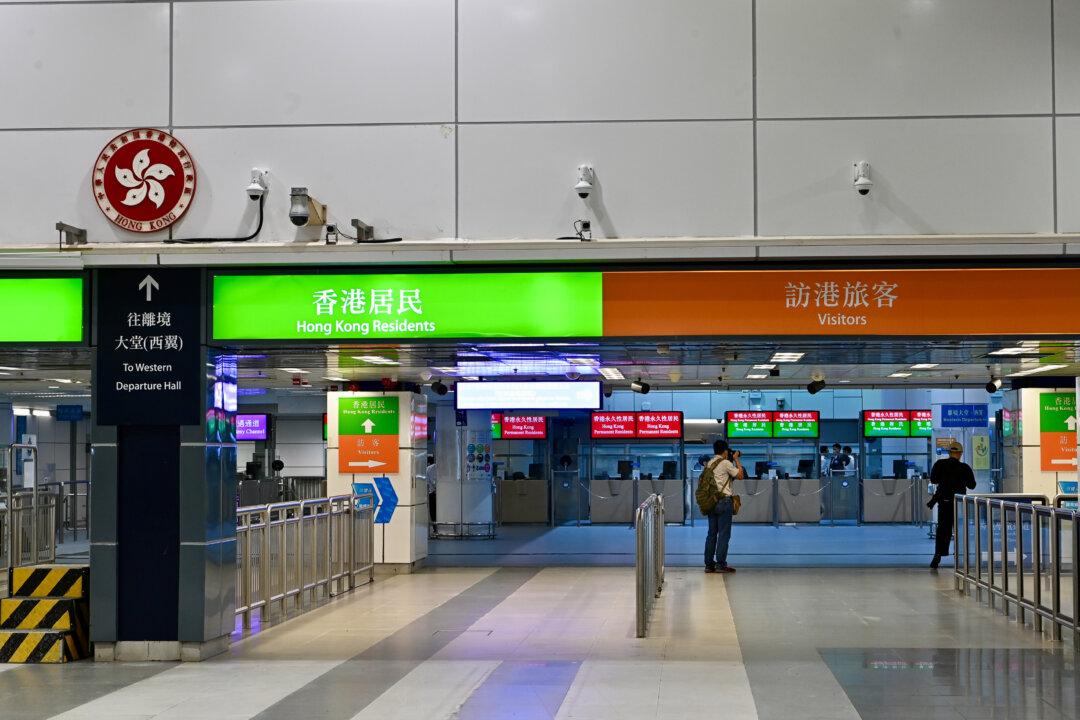Commentary
Last week I talked about the horrific experience of using the public toilet at the Ming Tombs in Beijing back in my school days. This culture shock is still vivid in my mind thirty years later. However, this was not my first China shock.

Last week I talked about the horrific experience of using the public toilet at the Ming Tombs in Beijing back in my school days. This culture shock is still vivid in my mind thirty years later. However, this was not my first China shock.